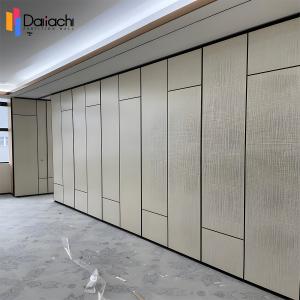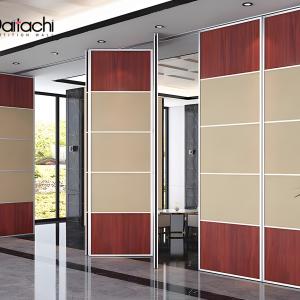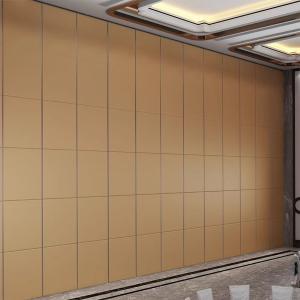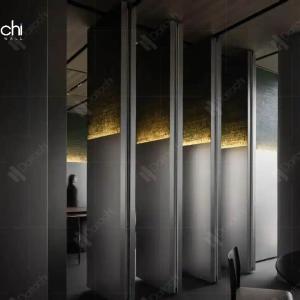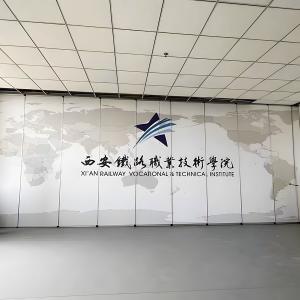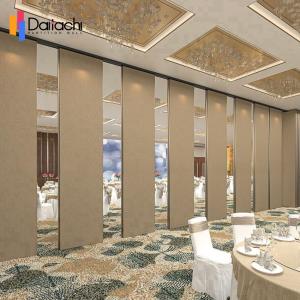Operable Walls
1.Flexibility: Partition walls for office can be retracted or repositioned, allowing for customizable room configurations. This is ideal for spaces that need to adapt to different functions, such as conference rooms or multi-purpose areas.2.Space Efficiency: Office panel partition maximize usable space by allowing for larger areas when open and divided spaces when closed.
3.Acoustic Control: Many folding room dividers are designed with soundproofing in mind, making folding room partitions effective for environments that require privacy or reduced noise levels.
4.Installation and Maintenance: While room divider partition can be more complex to install and maintain than traditional walls, modern systems have improved ease of use and durability.
5.Aesthetics: Operable room partitions come in various finishes and styles, allowing them to blend with different interior designs.
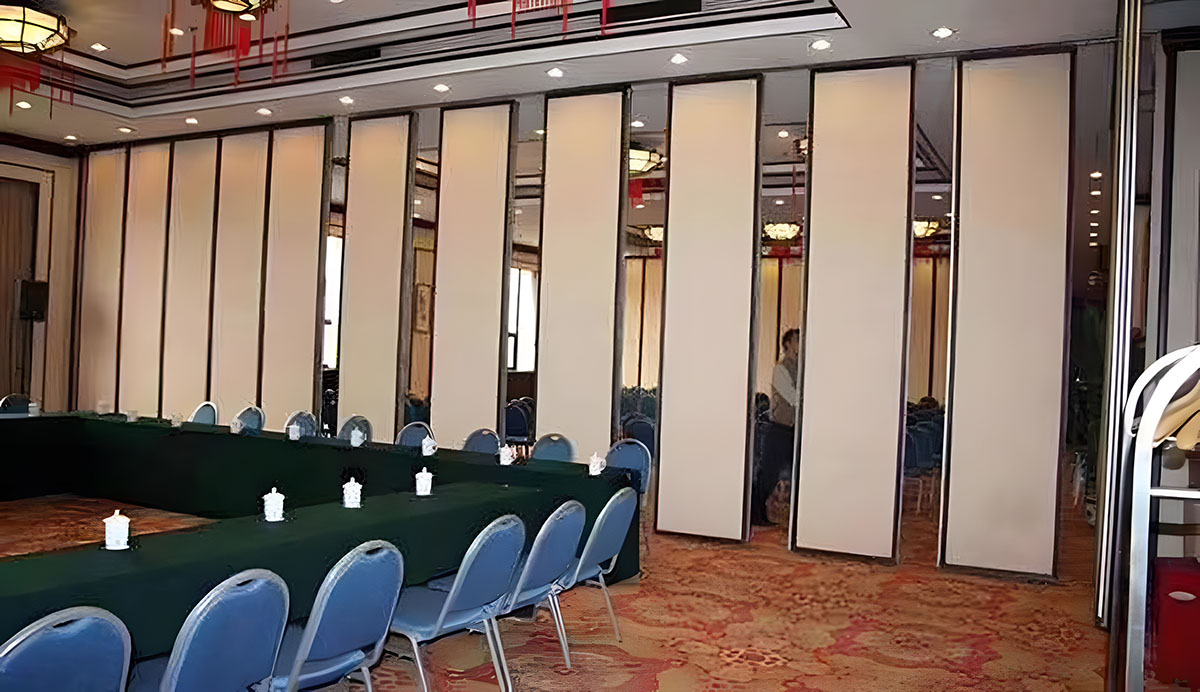
1.Structural Integrity: Traditional walls provide more structural support and can be load-bearing, making them essential for certain buildings.
2.Permanence: Once constructed, traditional walls are fixed and provide a sense of stability and permanence, which can be important in some settings.
3.Cost: Generally, traditional walls may have lower initial costs compared to operable walls, depending on materials and construction methods.
4.Insulation and Soundproofing: While they can provide good thermal and acoustic insulation, they might not offer the same level of soundproofing as high-quality operable wall systems.
5.Limited Adaptability: Traditional walls cannot be easily moved or altered once built, which can limit the flexibility of space usage over time.
Choosing between acoustic Movable Partition Wall and traditional walls depends on your specific needs. If you require versatility and adaptability in a space, movable wall partitions are an excellent choice. However, for structural support and permanence, traditional walls are often the way to go.
